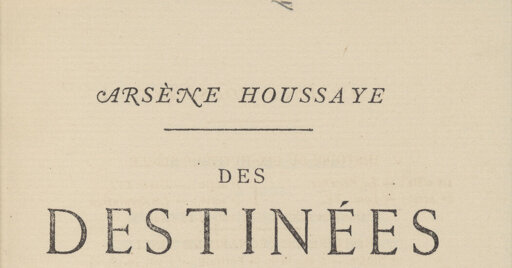The decision to find a “respectful final disposition” for human remains used for a 19th-century book comes amid growing scrutiny of their presence in museum collections.
Of the roughly 20 million books in Harvard University’s libraries, one has long exerted a unique dark fascination, not for its contents, but for the material it was reputedly bound in: human skin.
For years, the volume — a 19th-century French treatise on the human soul — was brought out for show and tell, and sometimes, according to library lore, used to haze new employees. In 2014, the university drew jokey news coverage around the world with the announcement that it had used new technology to confirm that the binding was in fact human skin.
But on Wednesday, after years of criticism and debate, the university announced that it had removed the binding and would be exploring options for “a final respectful disposition of these human remains.”



It’s two centuries old. Who gives a fuck?
Also, Havard has a museum of anatomy. It has things like the skull of Phineas Gage, the man who survived a railroad spike going through his brain. Did Gage volunteer to have his head there? No. His physician donated it.
Why doesn’t Harvard care about those human remains getting a “final respectful disposition?” I’m guessing they’ll argue they have educational value and it’s okay to put human remains on display all the time rather than occasionally, even if the person whose remains they are did not volunteer their body parts to be displayed in a museum.
You don’t need technology to determine if that’s Phineas Gage’s skull. We know it is.
https://countway.harvard.edu/center-history-medicine/collections-research-access/warren-anatomical-museum-collection
.
I’m just scanning it, so I may be missing things, but it seems to be mostly about indigenous and slave body parts. A quick search reveals that Phineas Gage is not even mentioned. So their thoughts on the matter seem pretty inconsistent.
.
Would you say the same if the skull was of a slave?
.
As I said, they would argue Gage’s remains have educational value while the book does not. I do not agree with that. Either both have educational value (and the book arguably does too) so they should be kept, or neither does.
.